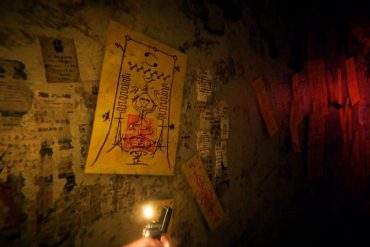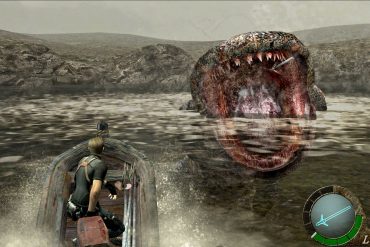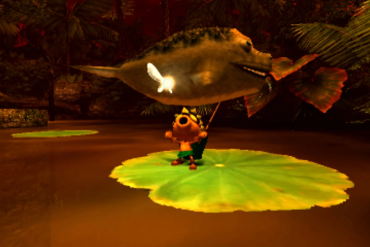Pathologic
Critical Distance is proud to present the first in its 2020 series of Critical Compilations: Ice-Pick Lodge’s cult classic Pathologic and its sequel, Pathologic 2. This compilation is curated by Andrew Bailey, a Ph.D. candidate within the Art History and Visual Culture program at York University in Toronto. He can be found on Twitter at @andrew_r_bailey.
Introduction
When Pathologic was first released in Russia in 2005 it went on to quickly receive a number of prestigious awards and accolades from a variety of Russian games conferences, websites, and magazines. A year later the game was localized into English
…









